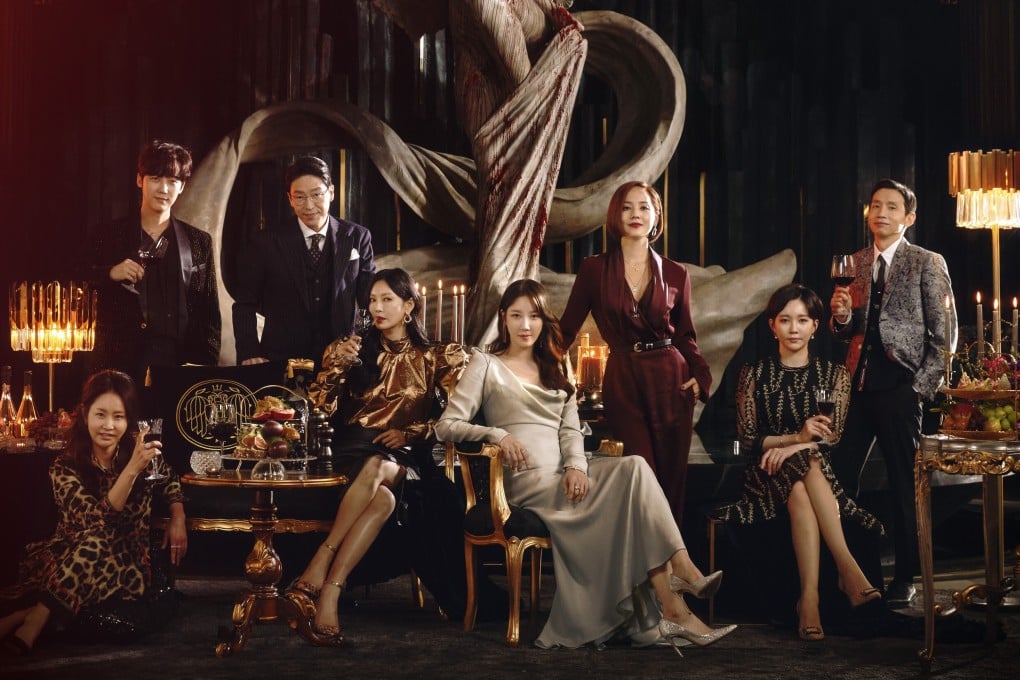Advertisement
Why is K-drama The Penthouse so addictive? From kimchi slap to strangling, all there is to know about ‘makjang’ dramas – Korean soap operas
- Makjang is a Korean slang word that describes a terrible situation that couldn’t be any worse. The beauty of these soapy dramas? Characters can and do get worse
- The infamous ‘kimchi slap’ is far from the only food attack in makjang dramas, with kimbab rolls, soybean paste and pork belly being whipped across faces
Reading Time:3 minutes
Why you can trust SCMP

One of the most important jobs of writers for television is presenting characters and situations that viewers can relate to. However, another essential function of filmed entertainment is escapism – that act of transporting audiences away from the stress and drudgery of their daily lives.
It’s not always an easy thing to incorporate these seemingly contradictory requirements, but in the realm of Korean television, there is one genre that tackles both of these head-on: the makjang (soapy K-drama).
Featuring all your usual dramatic elements and emotions, but amped up to the nth degree, makjang dramas are often described as exaggerated and with outrageous elements.
Advertisement
Infidelity, betrayal and a never-ending barrage of shocking secrets keep viewers coming back time and again for these fast-moving stories that are never more than a scene or two away from the next shouting match or sharp slap to the face.
Many prime-time evening dramas on Korean television feature makjang elements, but pure makjang are generally considered to be daily daytime dramas, and in many ways resemble North American soap operas or Latin American telenovelas.
Advertisement
Advertisement
Select Voice
Select Speed
1.00x